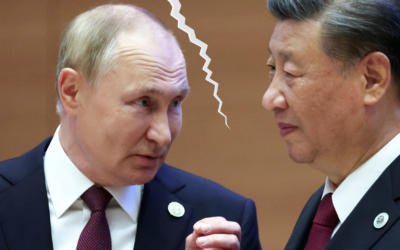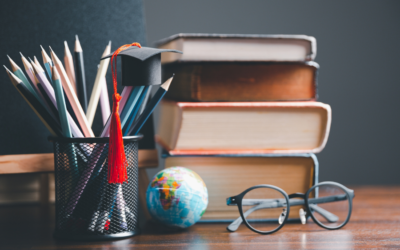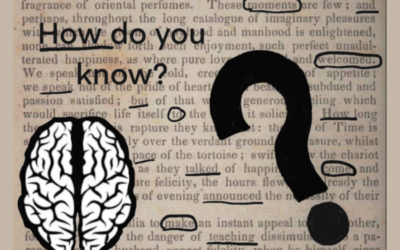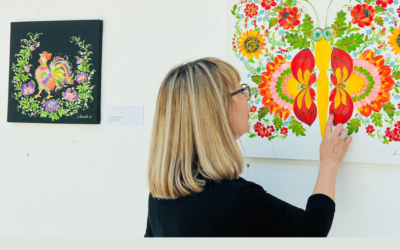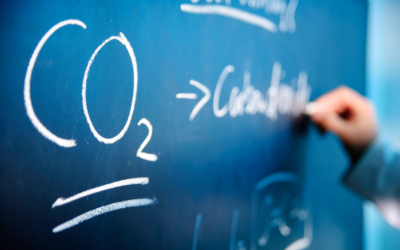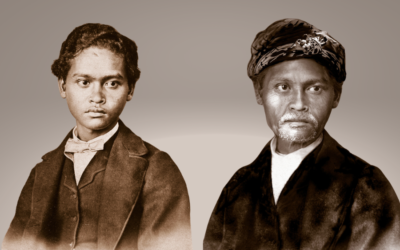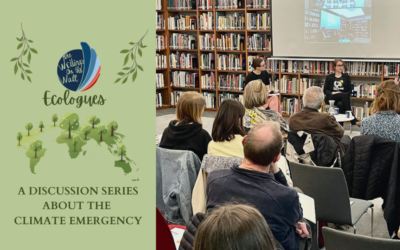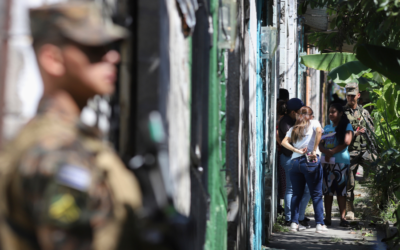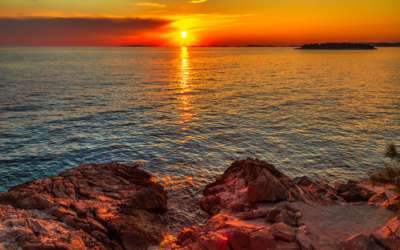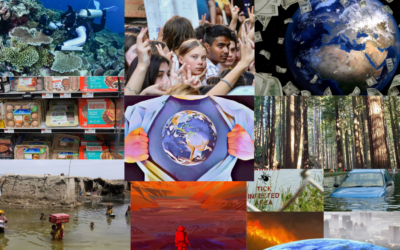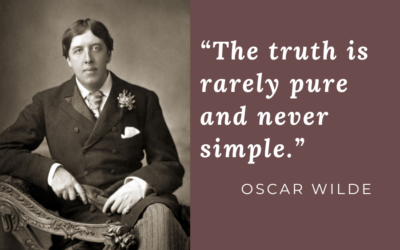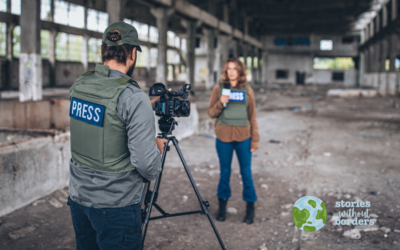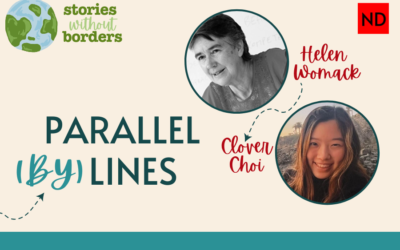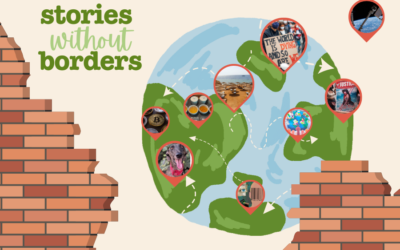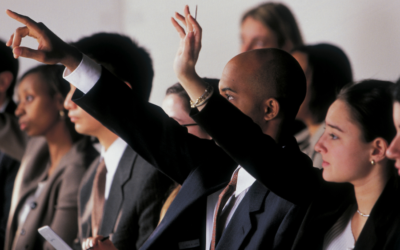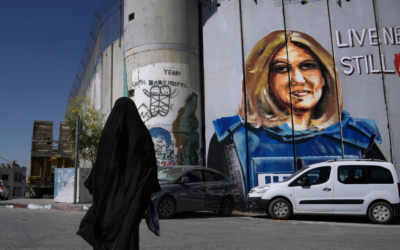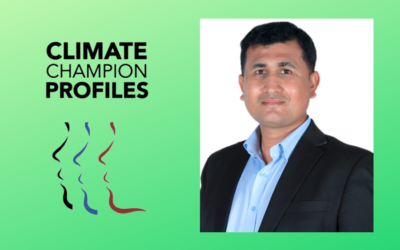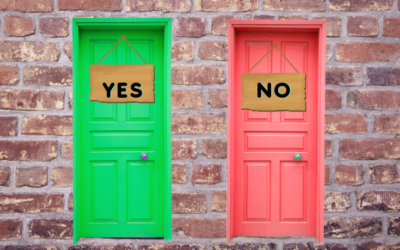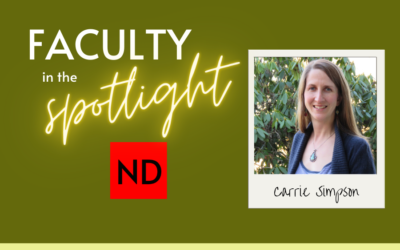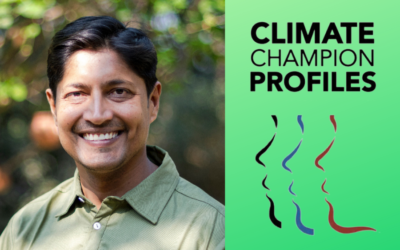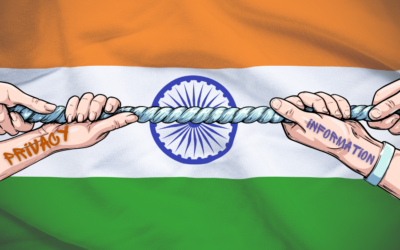Newsfeed
What happens when friendship has no benefits?
The West worries about the bond between Russia and China. But perhaps they should consider the possible consequences if this friendship breaks down.
Tackling anemia will take more than iron pills
A new study shows that rates of anemia have started to decline. But not for everyone, everywhere. Experts say we need to look at underlying causes.
Global citizenship education is more than just a buzzphrase
Living in a globalized world means appreciating the nuance of diverse perspectives and shared experiences.
Maybe you can handle the truth. But can you verify it?
Making sure that information is true isn’t easy. Our correspondent takes you through the arduous process of fact-checking a news story.
Fostering global awareness and equitable education
With the promotion of educator Joyce Yang to program manager, News Decoder prepares to expand its educational opportunities and global reach.
Painting flowers and dreaming of peace
One Ukrainian journalist in exile sells art to help her colleagues in peril back home as she waits for the war to end.
Teaching climate change is tough. We are here to help.
We’ve created a library of educational resources to decode climate science and face the crisis with journalism, activism and art.
The story of Ali: Seeing history from another perspective
What one correspondent learned by writing an “enhanced biography” of a little-known 19th-century teenager from Borneo.
A sustainable future for all
In our Ecologues series, we brought environmental experts together to exchange ideas and actions on how to cool down our warming planet.
Decoder: El Salvador’s wheel of violence turns and turns again
How can a nation whose recent history is steeped in war and repression break free of violence?
Talking truth to power can be scary
A young reporter once exposed the lies of a prime minister. That reporting had global repercussions. Then came the backlash.
Sharing stories about climate solutions
Over the past year, correspondents and students across the world helped us explore climate change and the ways to slow it down and reverse it.
Legislating for the future of the planet
Young climate activists met with experts at the American Library in Paris to discuss how to protect rivers, trees, wildlife and people through legislation.
Is that a fact?
It can be difficult to tell the difference between fact and opinion. And some things we consider true may not be true to all people.
Stories without borders: How you can help us do more
News Decoder’s global community extends across five continents connecting with thousands of young people. With your help, we aim to reach more even youth in more places.
Decoder Podcast: A conversation with our Managing Director
Where will we go? Managing Director Maria Krasinski gives a glimpse into the future of our growing nonprofit.
Stories without borders: Can you think like a journalist?
We teach teens to see the world through a journalistic lens. But what does that mean? And how can that help to teach global awareness and media literacy?
How stories cross borders
At News Decoder everything we do is designed to foster global awareness and make us all better global citizens. Problems cross borders. The solutions connect us.
Help News Decoder cross new borders
News Decoder’s 8th birthday giving campaign goes beyond borders and back to basics.
Decoder: Why Japan matters more than ever
Japan remains a global economic powerhouse and is becoming an ever closer political partner of the West.People walk at a pedestrian crossing in Ginza shopping district in Tokyo,...
What’s your question?
To get good stories you need to start with simple questions. Because the answers will be complicated.
Freedom after speech
To be globally aware, we depend on journalists around the world who risk their freedom and very lives to keep us informed.
Striking oil in a waste bin
Sushil Vaishnav realized that the cooking oil that clogs up sewers could be turned into green gold. And that makes him a climate change hero.
One mangrove at a time: A ripple effect of climate action
Instead of scaring people into climate action, Adam Fishman thought he could start a ripple effect by starting with some gratitude.
One word opens up a world of possibilities
Sometimes saying yes can seem scary. But if you say no you close yourself off to opportunities. And some of them might be amazing.
When nurses cannot do their job
The Taliban are pressuring female nurses in Afghanistan to quit, further intensifying a medical and humanitarian crisis in Afghanistan.
Both brains and brawn: The world’s toughest sports
Picking the world’s toughest sport is a tough game to play. Let’s see if you agree with our correspondent’s conclusion. Spoiler: It’s not football.
When saving the planet becomes part of your daily life
Anand Krishna established schools and communities where people connect a healthy lifestyle to a healthy Earth.
Working towards the ultimate source of clean energy
Andrea Kritcher has done something that seemed an impossible dream: Conducted a successful laboratory test that showed that fusion energy could work.
From caviar to conservation: Saving the Atlantic sturgeon
To bring a fish from the brink of extinction, people must push for protection over pollution.
Rethinking the economy for the planet
In the fifth of six monthly conversations, three experts ask: can a more equitable global economy help bring about the change needed to cool the Earth?
Shoring up snow where the mountains touch the sky
We’re seeing decreasing snow in mountain regions around the world. But there is more at stake than a photographic background or the perfect ski run.
Italy, land of mystery and conspiracy
As Italian authorities reinvestigate the disappearance of a teenage girl from the Vatican 40 years ago we have to ask: Why is Italy so ripe for conspiracies?
Faculty in the Spotlight: Carrie Simpson
Carrie Simpson of The Tatnall School centers global awareness, activism and inquiry in her teaching. She wins this month’s Faculty Spotlight award.
From refuse to reuse: Removing plastic from the table
To keep plastics out of the waste system, Ved Krishna decided to change the way food service products were made.
Speed bumps on the human trafficking highway
When you take a close look at the global problem of human trafficking, it turns out to be a lot closer to home than you might expect.
One Afghan woman’s 3,100-mile journey to safety
For one Afghan woman, staying alive after the Taliban came to power meant leaving journalism. But that wasn’t enough.
Decoder: Don’t expect technology to save the planet
In the movies, the solution for global disasters comes at the nail-biting end. Not so in real life. It won’t be the Rock that saves this rock we live on.
Children to leaders: here’s what to do next on climate
Children across the globe were invited to tell the world, through art, what needs to be done to save our planet from climate change. These are their messages.
We need space weathermen to know which way solar winds blow
The sun might be 93 million miles away, but its flares cause blackouts and GPS to break down here on earth. Get ready. We are approaching the solar maximum.
In celebration of outgoing News Decoder Trustee Janet Hartwell
As Hartwell’s term on News Decoder’s board concludes, we recognize her enduring contributions to our nonprofit and the world of education at large.
Balancing the right to privacy with the right to know
The Indian government has proposed strengthening privacy protection, but at the cost of transparency. Is this about protection or repression?
Afghanistan: Where free expression costs reporters their freedom
For 20 years Afghan journalists could report without fear or favor. With the Taliban in control they are out of favor and under intense fear. Many have fled.
Protecting the planet one outfit at a time
Matea Benedetti was vexed by the dreadful impact of “fast” fashion on the environment. So she started her own clothing line.
Decoder: What has happened to Sudan and why you should care
Sudan is surrounded by unstable nations. A humanitarian crisis could result in refugees flooding into countries ill equipped to handle the crisis.
Of health risks and inequity: Our story contest winners
Dogs abused, refugees who struggle, unequal abortion access, menstrual products too costly and unsafe medical implants. These stories topped the competition.
With the 2024 election in sight, it’s here we go again!
The upcoming U.S. presidential election might already seem like déjà vu, but in many ways it will be unprecedented. What’s in it for the rest of the world?
Decoder Podcast: A conversation with student Clover Choi
For one American student in France, writing for publication is about processing the world around her — and stepping out of her comfort zone.
Fourth climate talk asks, how to feed the world?
Half of the world’s habitable land is used to produce our food, while the other large areas are contaminated by fertilizers, pesticides and sewage. How can we feed the world without causing harm to the planet?
Decoder: Can we live with climate change?
There are all kinds of dangers associated with climate change. Can we ensure future generations will have healthy lives amid rising seas and extreme weather?

